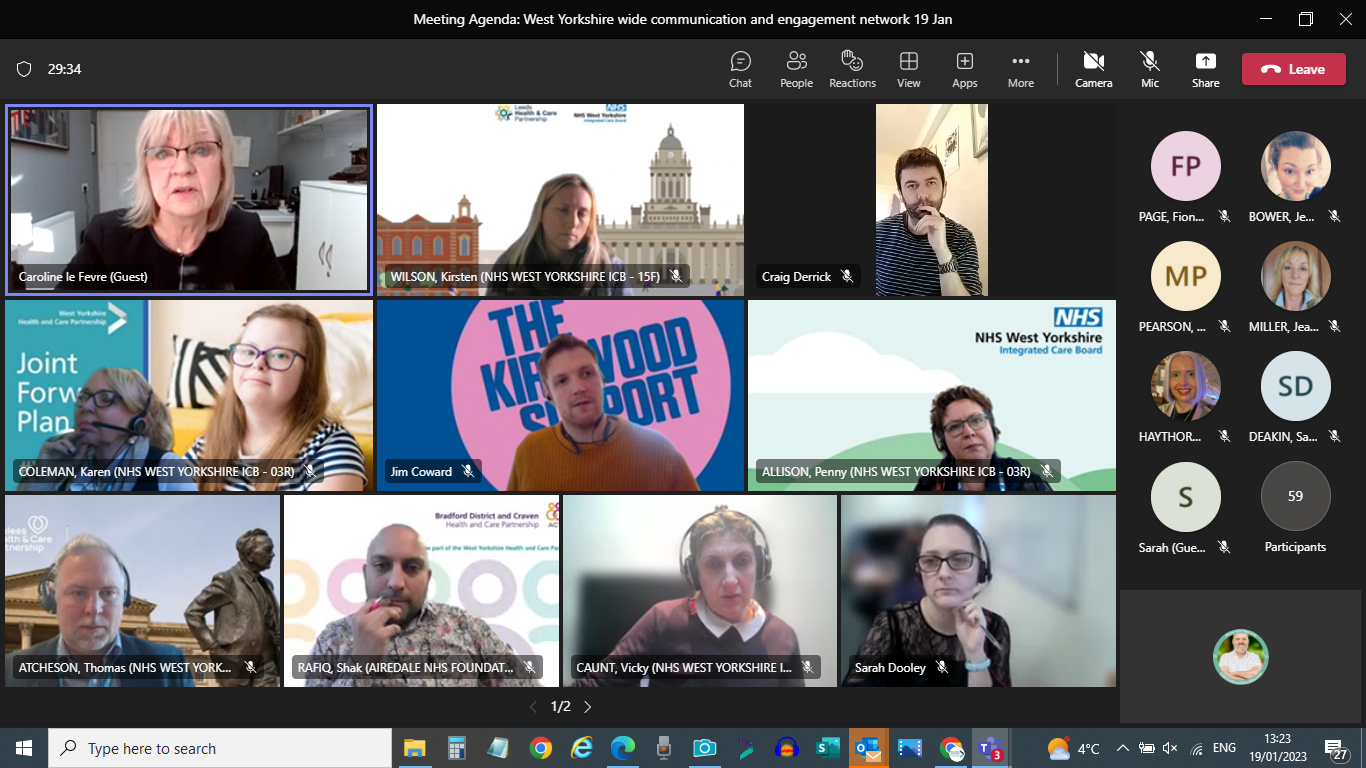Why we all need to need play a part in reducing inequalities
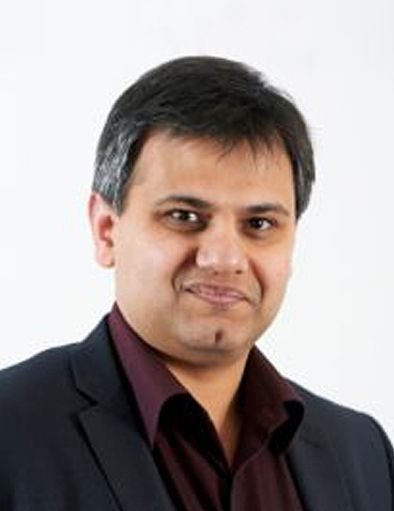 Hello my name is Dr Sohail Abbas and I am passionate about creating a fairer society for all, based on our shared West Yorkshire-wide ambition to tackle inequalities.
Hello my name is Dr Sohail Abbas and I am passionate about creating a fairer society for all, based on our shared West Yorkshire-wide ambition to tackle inequalities.
West Yorkshire Health and Care Partnership serves 2.4 million people. It is a region of incredible diversity, both in terms of geography and communities, as well as our own workforce. Our population includes approximately 770,000 children and young people, 400,000 unpaid carers and an estimated 7,000 people from Gypsy and Traveller communities. We also know that 22% of our population live in communities ranked in the most deprived 10% nationally and about 170,000 households in West Yorkshire are estimated to be living in fuel poverty. There is variation across our places that make up our Partnership. A stark example of this is that almost 40% of Bradford’s population is living in the most deprived 10% neighbourhoods.
These are significant challenges that impact on our shared ambition for people to live happy and healthy lives. It is a sad fact that in some areas of our region, lives are being cut short and people in the most deprived areas are living with more ill health and dying earlier than those in the least deprived areas.
This difference can be seen with people living with 20 years less healthy life in some of the poorer parts of Bradford District and Craven compared to our more affluent areas; a similar picture can be seen across all places in West Yorkshire. These inequalities are not new. We’ve known about them for a long time, but the COVID pandemic has now brought them into sharp focus as we can see the disproportionate impact that the pandemic has had on people’s health and wider lives.
And now we’re faced with a cost of living crisis, with people having to decide between feeding their children or heating their homes. I do want to add that our place-based partnership response, as well as those in other places, has again demonstrated the power of partnership working. Locally we have delivered direct interventions and we have developed a range of nationally recognised resources, including a dedicated online resource, to help people impacted by the cost of living crisis.
But where there is ruin, there is hope for a treasure. We are striving towards a future where our chances of living a long, happy, and healthy life will be determined by our shared purpose, resilience of our communities and positioning of our collective resources rather than by who we are, where we live or how much we earn. I want to demonstrate how we’re harnessing the power of our partnership with renewed hope and vigour.
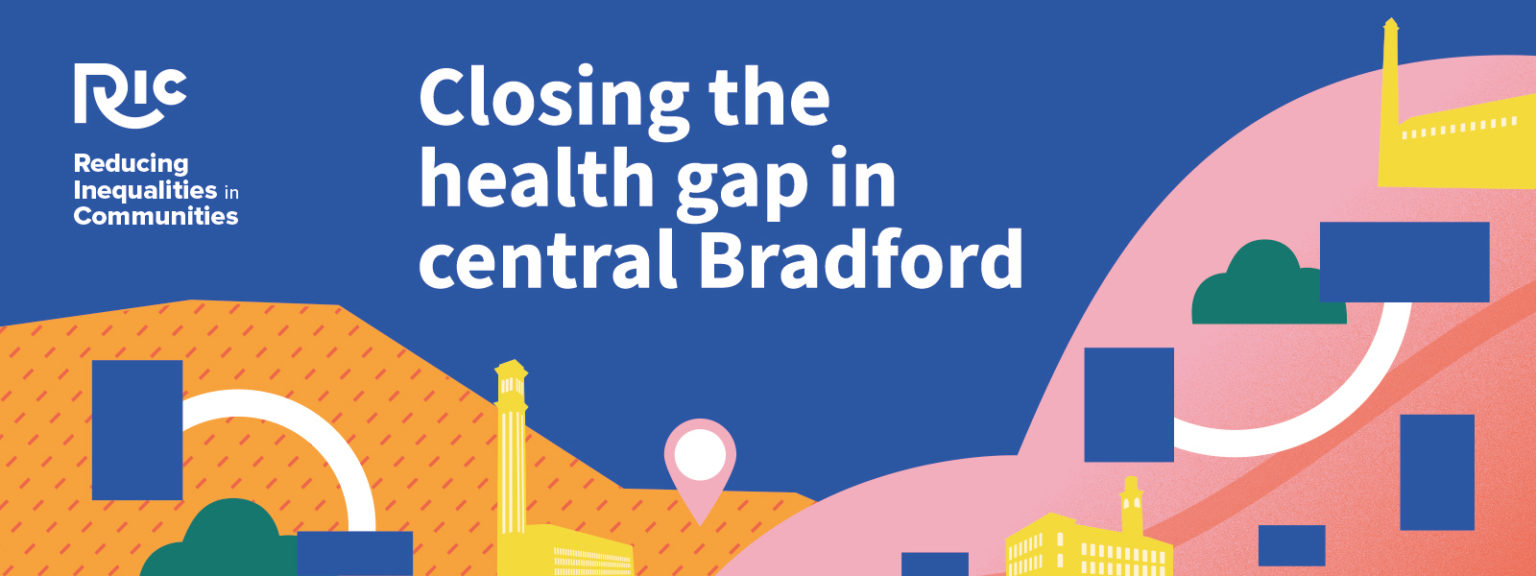
The beginning of the journey of a thousand miles
In 2019, NHS England increased funding to tackle inequalities in areas with the highest rates of avoidable and preventable early death and greatest need. Central Bradford was one of those areas to receive funding, and it was from here that the Reducing Inequalities in Communities (RIC) programme was born.
RIC is an approach that has helped us test different ways to tackle health inequalities in our area. It is made up of 20 projects that have been designed to help improve people’s health and tackle inequalities at different stages of life. As we move into the final year of funding and the evaluation period for the programme, we acknowledge that the learnings and insight will be invaluable in our ongoing effort to close the life expectancy gap, while acting as a key building block for our Core20plus5 work.
From RIC to the Reducing Inequalities Alliance
I am keen that we don’t lose the momentum of our work on RIC, and that’s why we have developed the whole-life, whole-system approach through the emergent Reducing Inequalities Alliance to embed the RIC approach across our Bradford District and Craven place-based partnership. The Alliance will act as the conscience and the inequalities engine room for our system and galvanise senior leadership commitment (in health and other arenas). It will ensure work to reduce inequalities runs as a golden thread through all that we do and through our recently refreshed and revised five strategic priorities.
It is this vision of working together and providing a system learning space that is embedded in all that we do as the Reducing Inequalities Alliance. We know there is a lot of good work already happening in the district to reduce inequalities. The Alliance wants to play a role in joining up this work by:
- Setting the vision to reduce inequalities
- Building capacity and empowerment in our workforce to reduce inequalities
- Supporting best practice
- Facilitating the space and time to evaluate and share learning from our approach
The Caravan of Hope
I am a proud member and chair of the West Yorkshire Health Inequalities network, which is part of the Improving Population Health Programme. We have focused work streams responding to the needs of different population groups including people living in the most deprived decile, people living with mental health conditions, learning disabilities and autism, rough sleepers, young carers and women and children at risk of violent crime.
During the pandemic the network expanded to include populations disproportionately affected by COVID-19, including minority ethnic communities and staff. We aim to add value by better equipping our people to tackle inequalities, and we do it by increasing the system capacity, capability and by providing intelligence and insight.
The network is providing system leadership to support our places to implement the national Core20plus5 programme. Core20plus5 provides a good framework to concentrate our efforts to the 20% most deprived population and recently there has been a Core20plus5 approach developed focusing on the needs of children and young people.
Don’t go with the flow. Be the flow
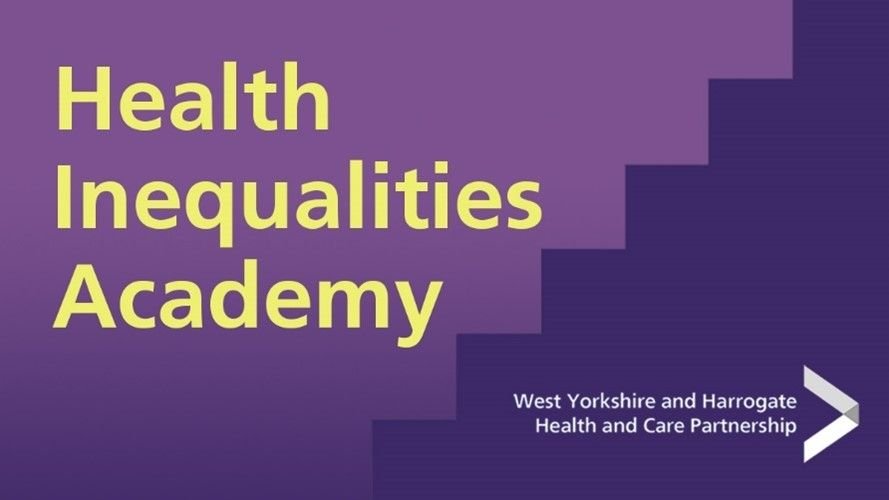 Finally I want to draw attention to our West Yorkshire Health Inequalities Academy that’s recognised as an example of best practice across England. The Academy’s Improving Population Health Fellowship was launched in September 2021 with health equity fellowships. 32 people were recruited from across West Yorkshire, representing diverse organisations, sectors, and roles proving that our vision of whole-system, whole-life approach is one that’s shared by people across our partnership – people with passion, enthusiasm and drive to make a sustainable change that benefits us now and for future generations to come.
Finally I want to draw attention to our West Yorkshire Health Inequalities Academy that’s recognised as an example of best practice across England. The Academy’s Improving Population Health Fellowship was launched in September 2021 with health equity fellowships. 32 people were recruited from across West Yorkshire, representing diverse organisations, sectors, and roles proving that our vision of whole-system, whole-life approach is one that’s shared by people across our partnership – people with passion, enthusiasm and drive to make a sustainable change that benefits us now and for future generations to come.
This year we have expanded the fellowship to include adversity trauma and resilience, suicide prevention and climate change fellowships alongside health equity fellows.
You were born with wings, why prefer to crawl through life?
Inequalities, health inequalities and healthcare inequalities are complex and inter-connected and need partnership working across civic, service and community levels. We need to work together to create a whole that is far greater than the sum of its parts. We cannot keep on doing the same things and hope for different results. In the words of Albert Einstein, the problems we are facing today cannot be solved by the same level of thinking with which we created them.
We need to get right the things we are responsible for as individuals. We need to influence what we can by working together, as one, and understand that everyone of us has a role to play in reducing inequalities.
Before I summarise my blog, I want to appeal to you directly and say that you can make a difference by:
- Having awareness: What inequalities do you see or experience?
- Taking action: What can you do and influence as an individual in your community or workplace?
- Being an advocate for inequalities: How can you encourage and support others to take action too?
Leadership is not about who we are or where we come from. Leadership is about what we do. Every one of us can make a positive impact on the lives of our communities. West Yorkshire is a wonderful place. Together we can make it an even better place to live, based on the principles of fairness. In the words of Maulana Jalaluddin Rumi, a 13th century Sufi mystic and poet, “You were born with wings, why prefer to crawl through life?”
The path of equity and social justice isn’t an ordinary path. It’s the path of prophets and revolutionaries. I feel happy when I know that, somewhere, our work is putting a smile on a child’s face, an elderly person is no longer sad, lonely, hungry, or cold, a dying person has the support to spend their last days of life in comfort with their loved ones and a homeless person has shelter. Somewhere this work is changing a life. That keeps me energised and I shall continue to walk on this path with the amazing colleagues I have and continue to inspire everyone to walk with us.
Have a good weekend,
Sohail


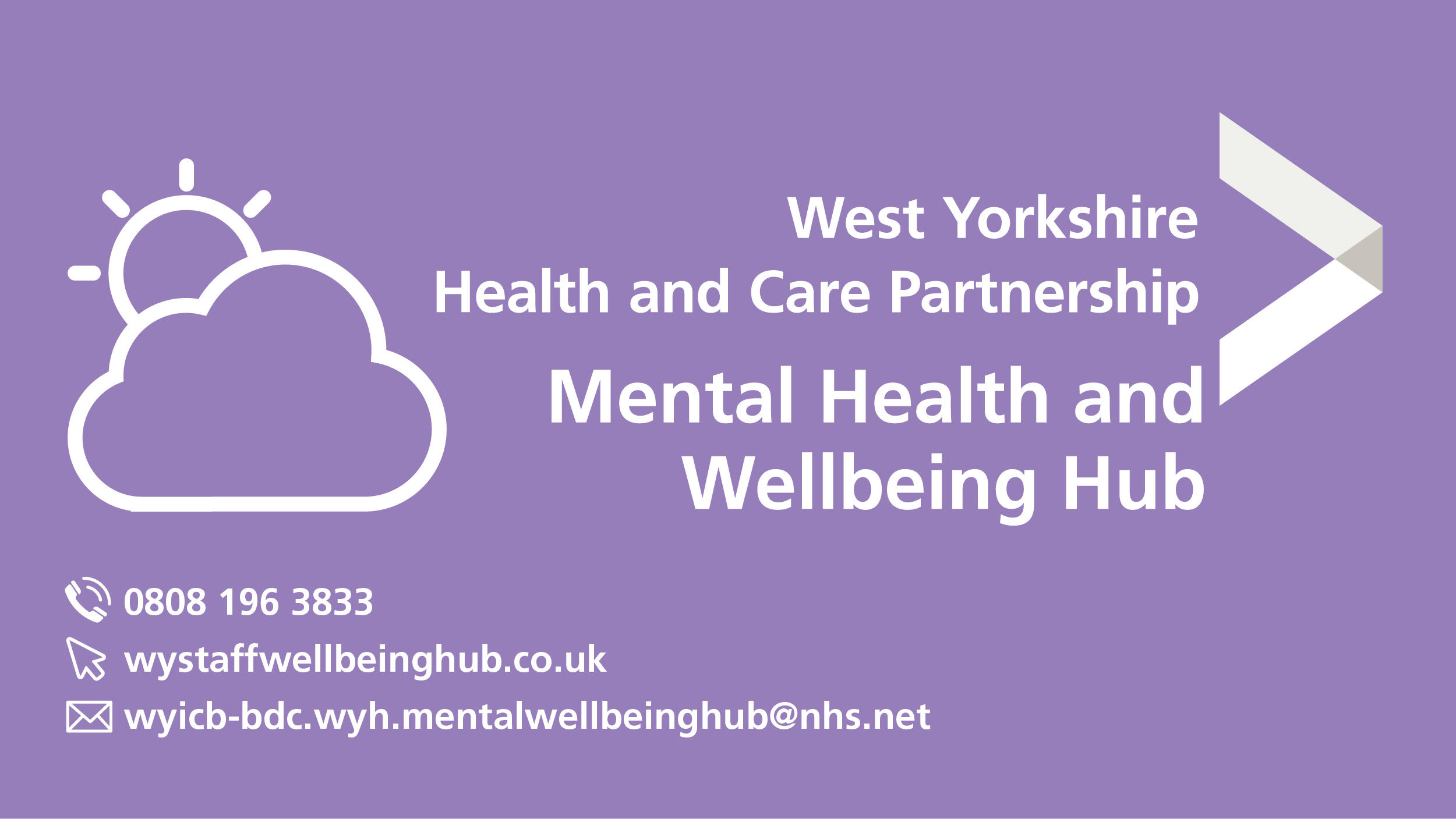
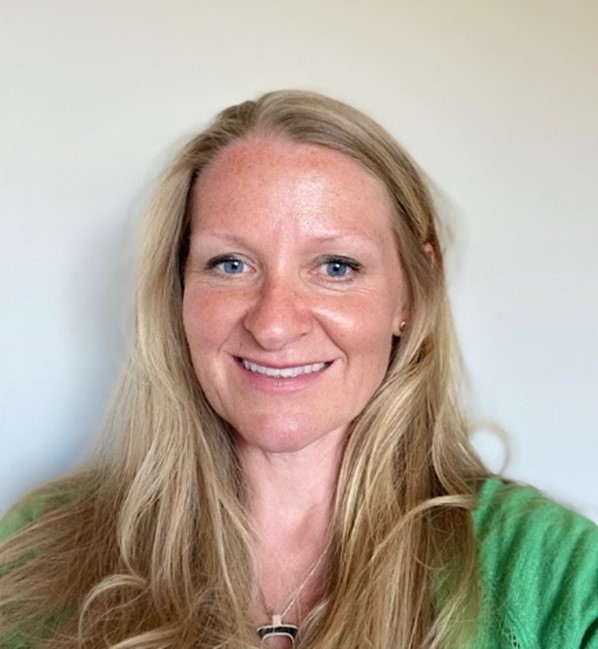 Hello, my name is Kerry.
Hello, my name is Kerry.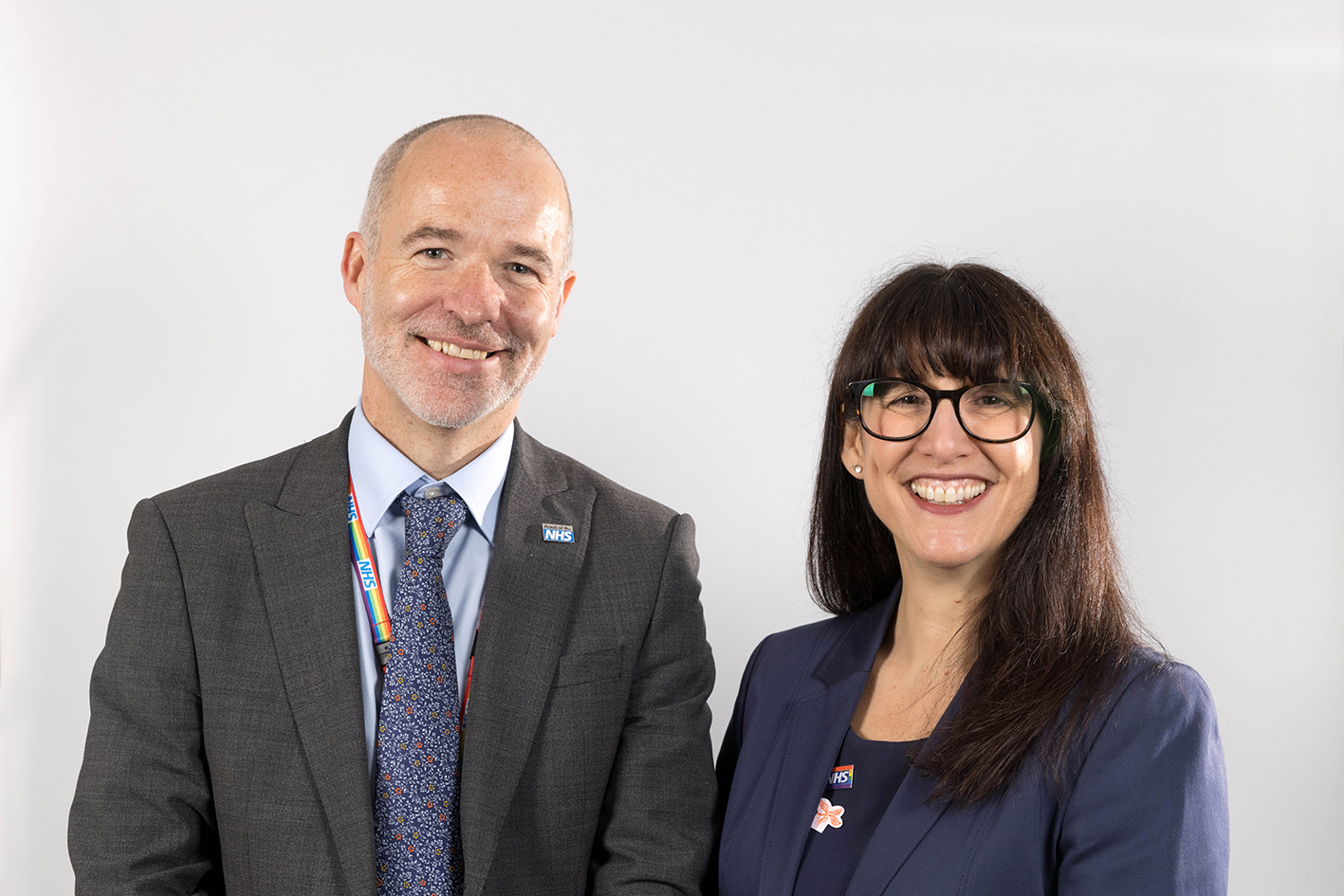
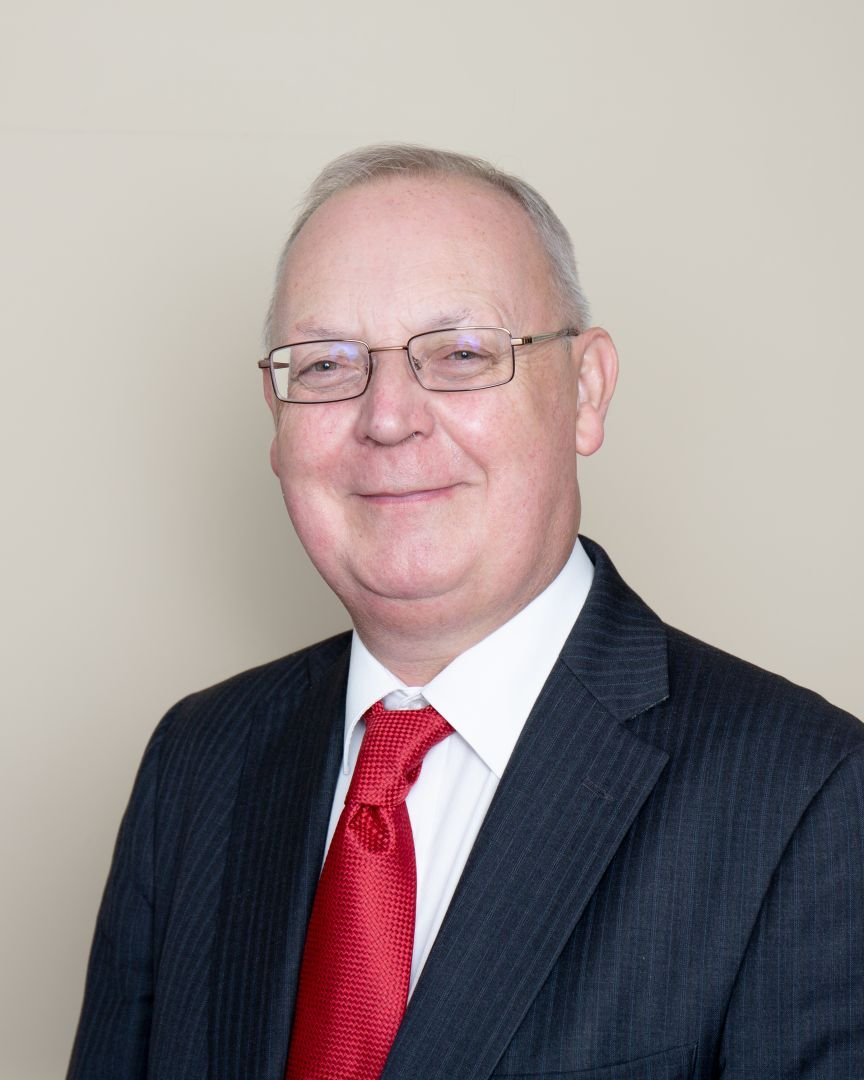
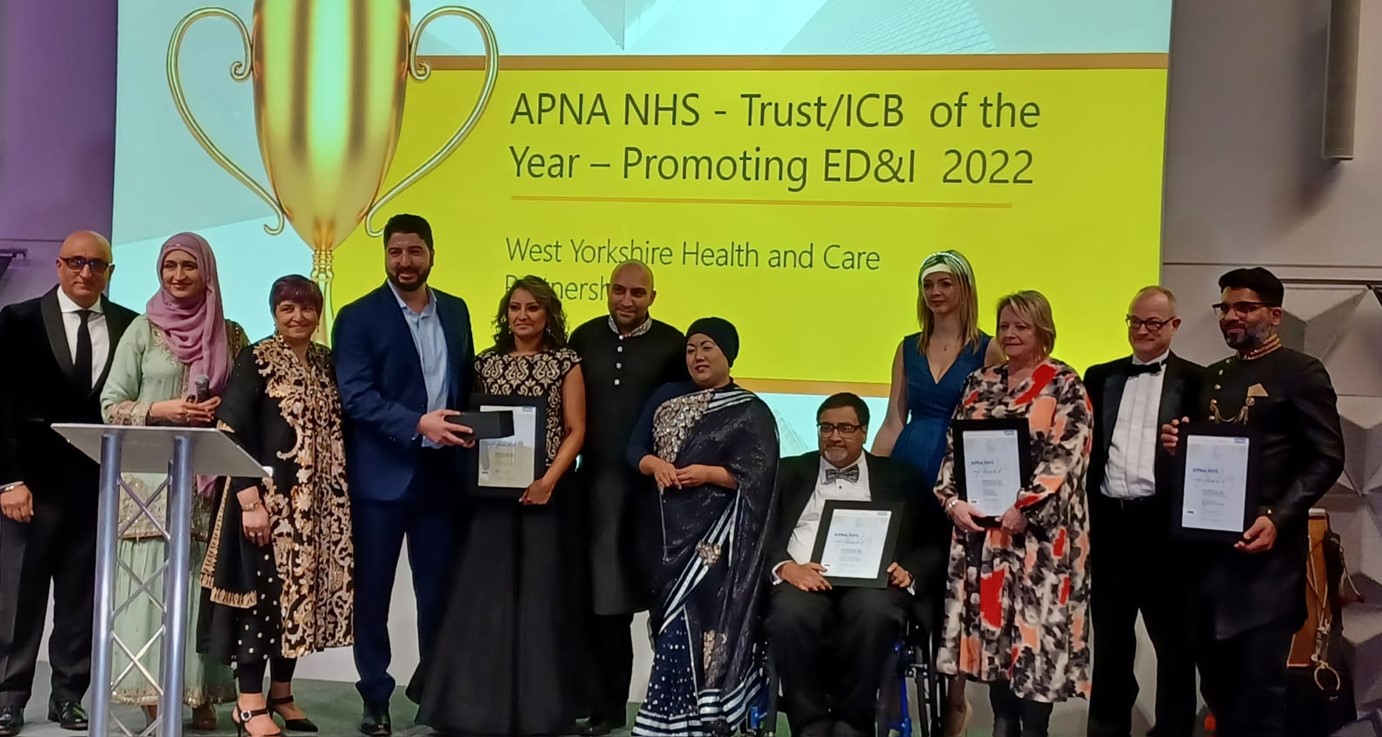
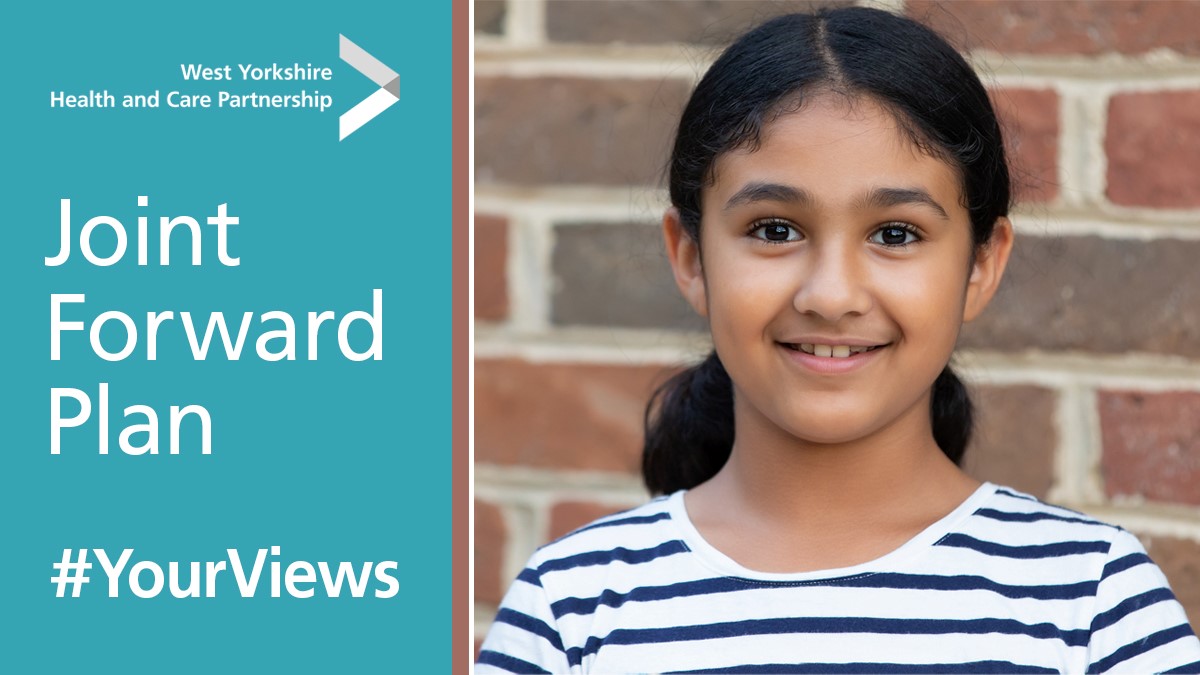 NHS West Yorkshire Integrated Care Board
NHS West Yorkshire Integrated Care Board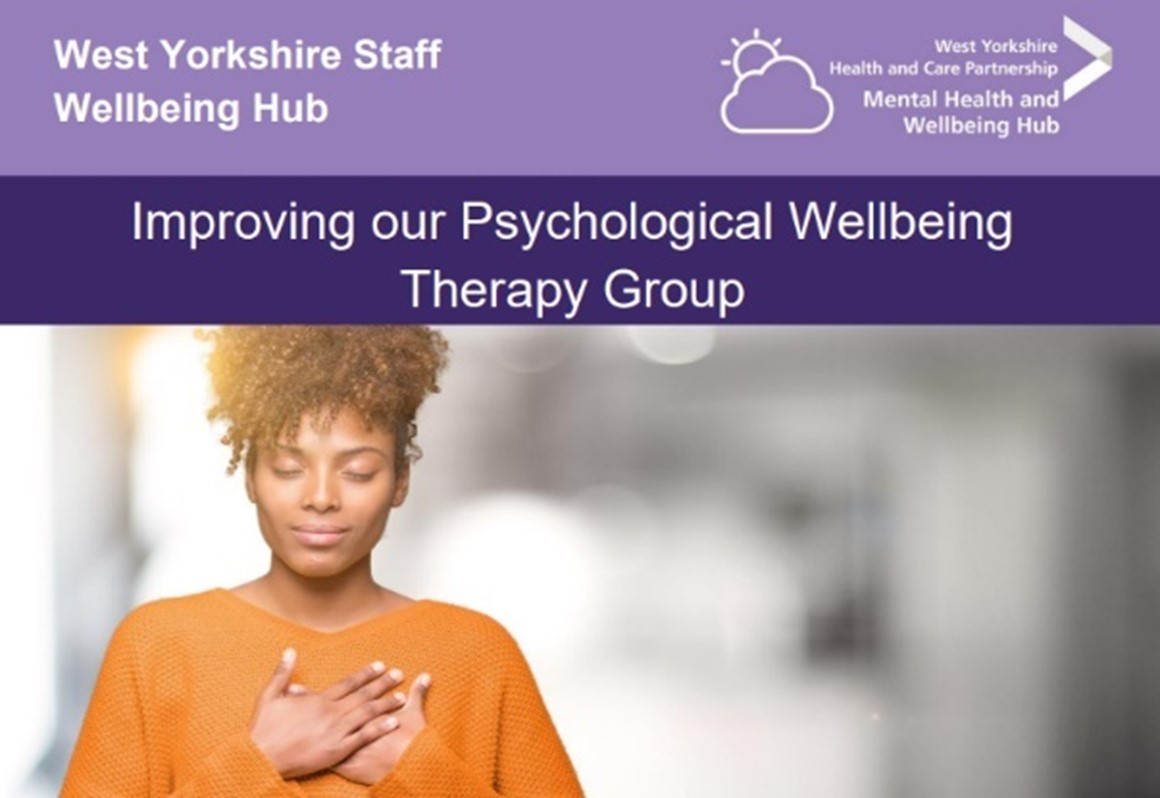 The ‘Improving our Psychological Wellbeing’ therapy group is aimed at creating a space that will allow group members to talk about and reflect on their own experiences related to psychological wellbeing.
The ‘Improving our Psychological Wellbeing’ therapy group is aimed at creating a space that will allow group members to talk about and reflect on their own experiences related to psychological wellbeing.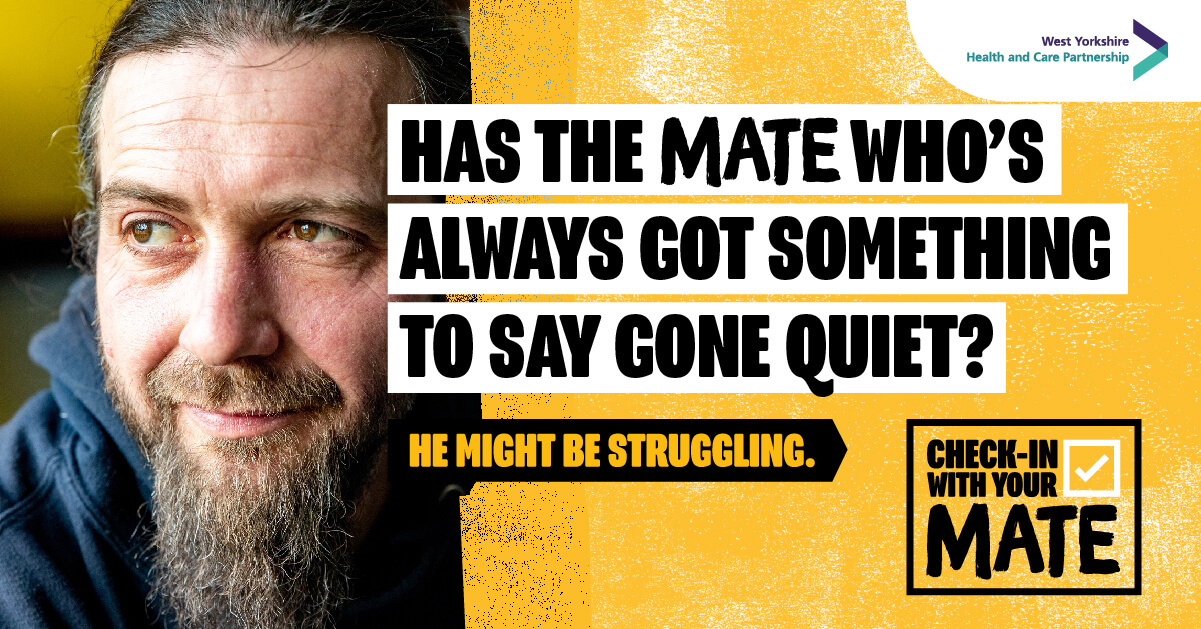
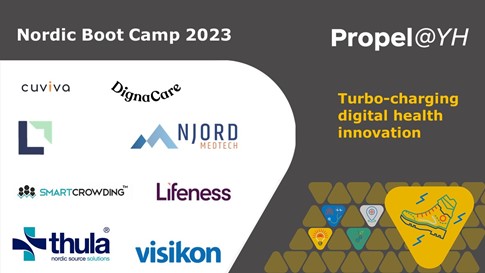 Eight innovators from the Nordic region have been selected to bring health innovations to the Yorkshire and Humber region in the second international Propel@YH Boot Camp. Run by the Yorkshire & Humber Academic Health Science Network (Yorkshire & Humber AHSN), the boot camp seeks to bring the best health innovations from around the world into the UK, with the Yorkshire and Humber region being the first to make use of them.
Eight innovators from the Nordic region have been selected to bring health innovations to the Yorkshire and Humber region in the second international Propel@YH Boot Camp. Run by the Yorkshire & Humber Academic Health Science Network (Yorkshire & Humber AHSN), the boot camp seeks to bring the best health innovations from around the world into the UK, with the Yorkshire and Humber region being the first to make use of them. PinPoint Data Science
PinPoint Data Science
